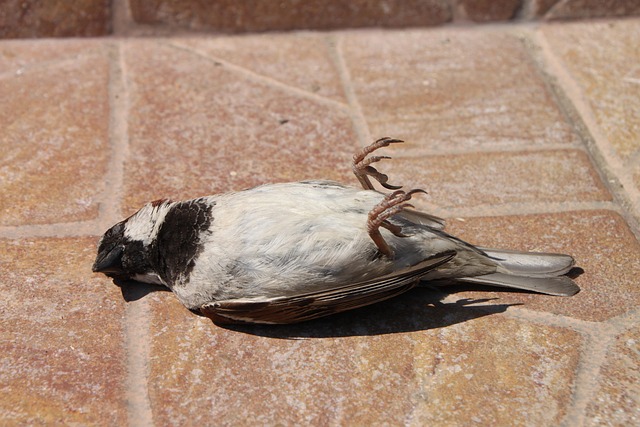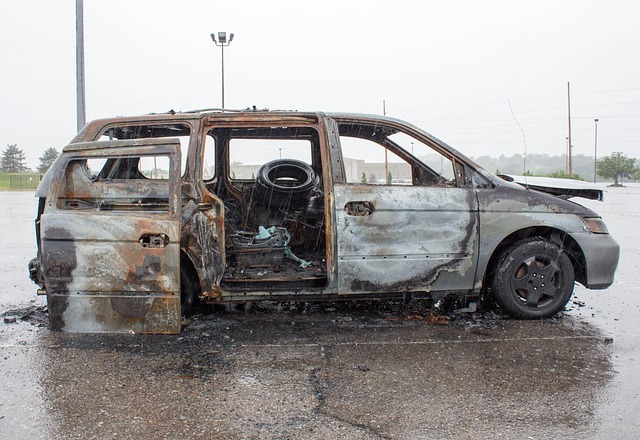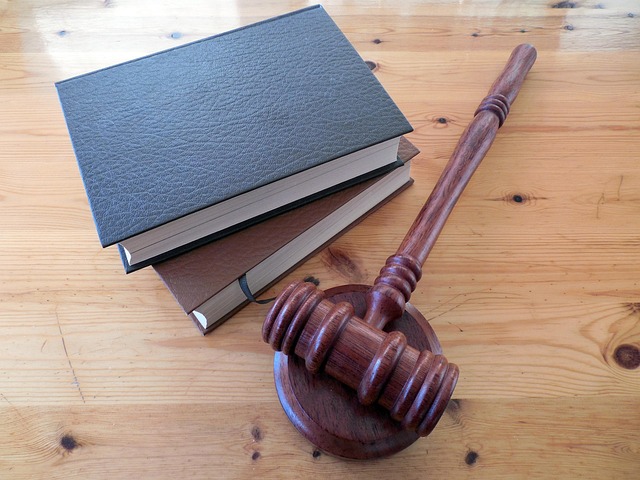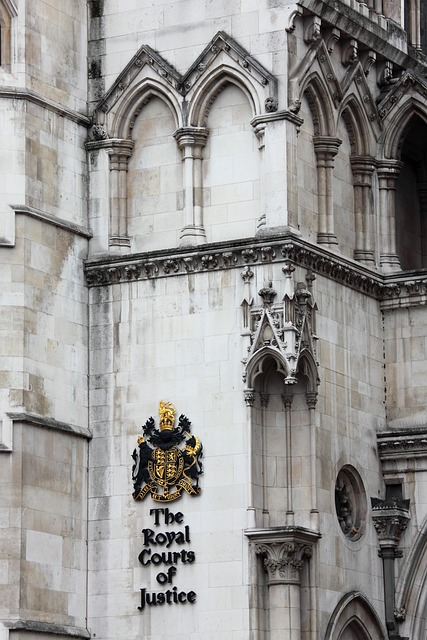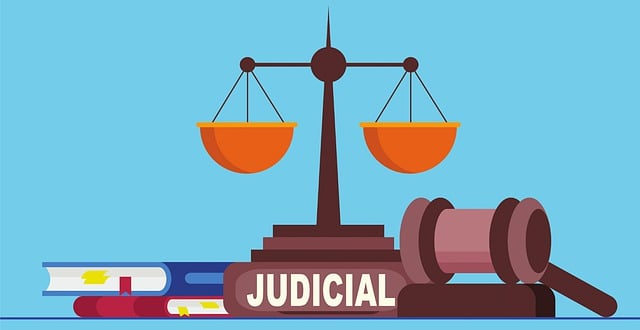Medical malpractice wrongful death cases require proving healthcare provider negligence directly causing patient harm or death. Close family members can file for economic loss, with attorneys crucial for navigating complex legal and medical aspects. The process involves gathering evidence, filing claims, depositions, expert testimony, and potential trials for compensation or verdicts.
In the tragic event of a medical malpractice leading to a wrongful death, understanding who can sue and claim damages is paramount. This comprehensive guide delves into the intricate details surrounding medical malpractice wrongful death cases. We explore the criteria for eligibility, providing insights into who qualifies for compensation. Additionally, we outline the legal process involved, ensuring families affected by such losses are informed about their rights and steps to seek justice.
- Understanding Medical Malpractice Wrongful Death
- Who Qualifies for Damages in Such Cases?
- The Legal Process for Claiming Compensation
Understanding Medical Malpractice Wrongful Death

Medical malpractice wrongful death cases arise when a patient suffers harm or dies due to the negligence of a healthcare professional. This can include errors in diagnosis, treatment, medication administration, or any other aspect of medical care that deviates from accepted standards and causes injury or death. It’s crucial to understand that not everyone who experiences a negative outcome after seeking medical care has a valid claim for malpractice wrongful death damages.
To pursue such a case, there must be clear evidence of a breach of the healthcare provider’s duty of care, which directly resulted in the patient’s harm or death. This often involves complex legal and medical considerations. Unlike product liability claims or breach of contract cases, where the focus is on defective products or agreements, medical malpractice cases require specialized knowledge to assess whether there was negligence in the treatment itself. A truck accident lawyer, while skilled in personal injury cases, may not be the best fit for navigating the intricacies of medical malpractice wrongful death litigation.
Who Qualifies for Damages in Such Cases?

In medical malpractice wrongful death cases, determining who qualifies for damages is a complex legal process. Generally, close family members who suffer an economic loss due to the deceased’s passing have the right to file a lawsuit and seek compensation. This includes spouses, children, parents, and sometimes siblings or other dependents. The goal of such legal action is not only to provide financial redress but also to hold the negligent party accountable for their actions.
In cases involving nursing home neglect or fiduciary duty breaches, where medical professionals or facilities fail in their duties of care, a variety of parties may be eligible to pursue damages. This could include not just family members but also representatives of the estate, especially if there are no close relatives. In auto accident cases, an experienced attorney can help determine who is entitled to compensation, focusing on factors like fault, insurance coverage, and the severity of injuries sustained by all parties involved.
The Legal Process for Claiming Compensation
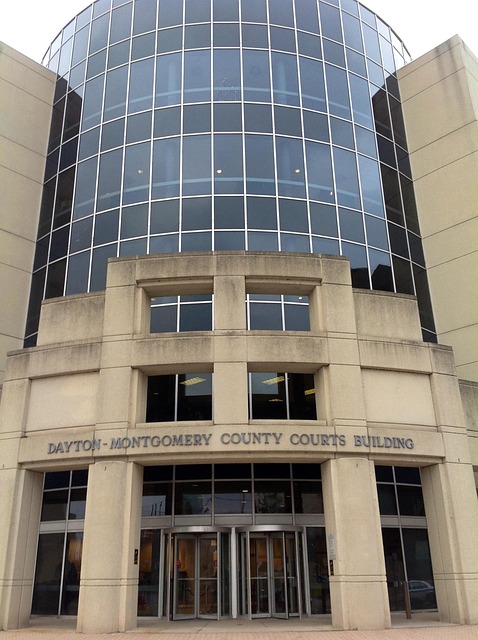
When it comes to seeking compensation for medical malpractice wrongful death, understanding the legal process is crucial. The journey to justice begins with gathering evidence and consulting with a qualified Miami auto accident attorney or Boca Raton truck accident lawyer, who can guide the grieving family through the complex legal landscape. These professionals will assess the merits of the case, ensuring all necessary documentation is in place.
The initial step involves filing a formal claim, typically within a specific time frame after the incident. If settlement negotiations with the responsible party or their insurance provider fail to reach an acceptable agreement, the next phase is initiating legal proceedings. This may include depositions, expert witness testimony, and a trial, where evidence presented can lead to an injury settlement or a verdict in favor of the claimant’s family.
In cases of medical malpractice resulting in wrongful death, understanding who can sue and the legal process is crucial. This article has provided an overview of the qualifications for claiming damages, emphasizing that family members or legal representatives of the deceased typically have the right to seek compensation. The steps involved in navigating this complex process include consulting experts, gathering evidence, and initiating legal proceedings within specific time frames. By familiarizing themselves with these aspects, individuals can better appreciate their options and rights when dealing with medical malpractice wrongful death cases.

